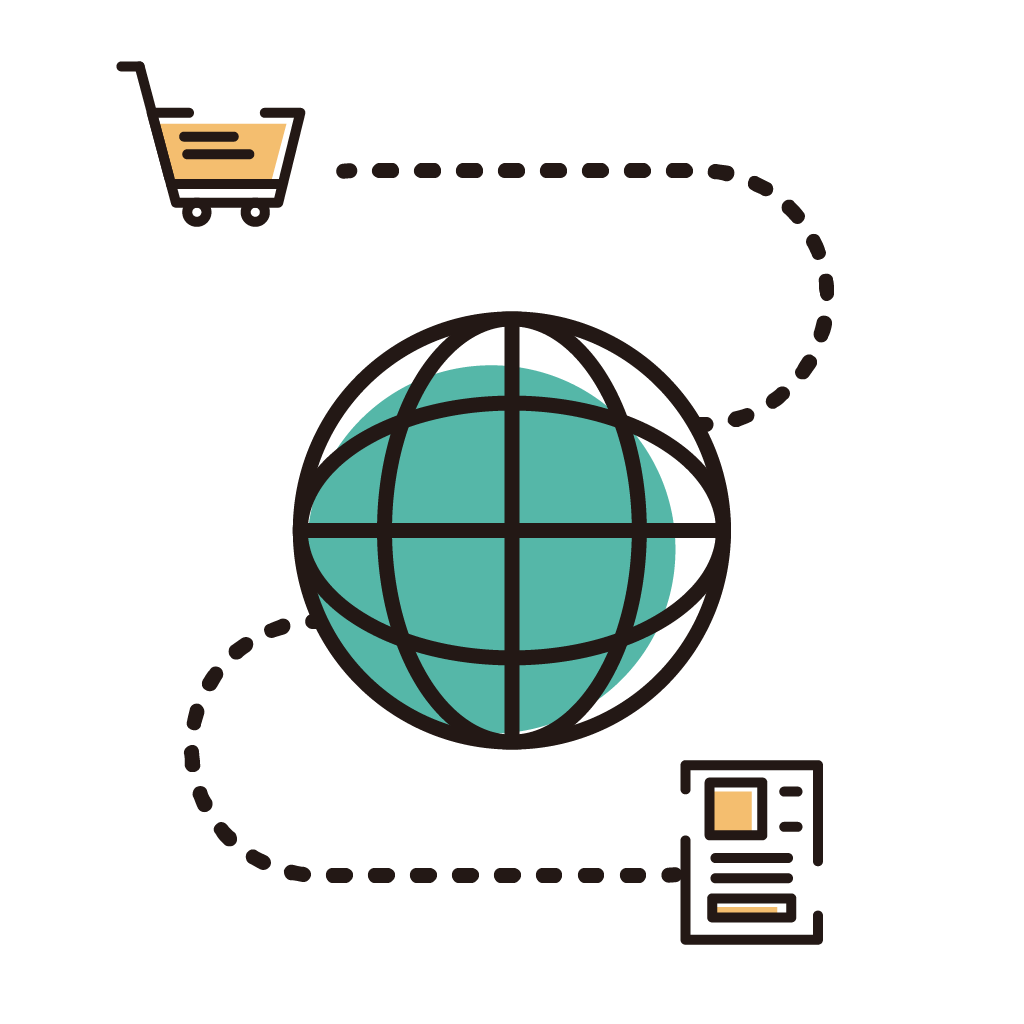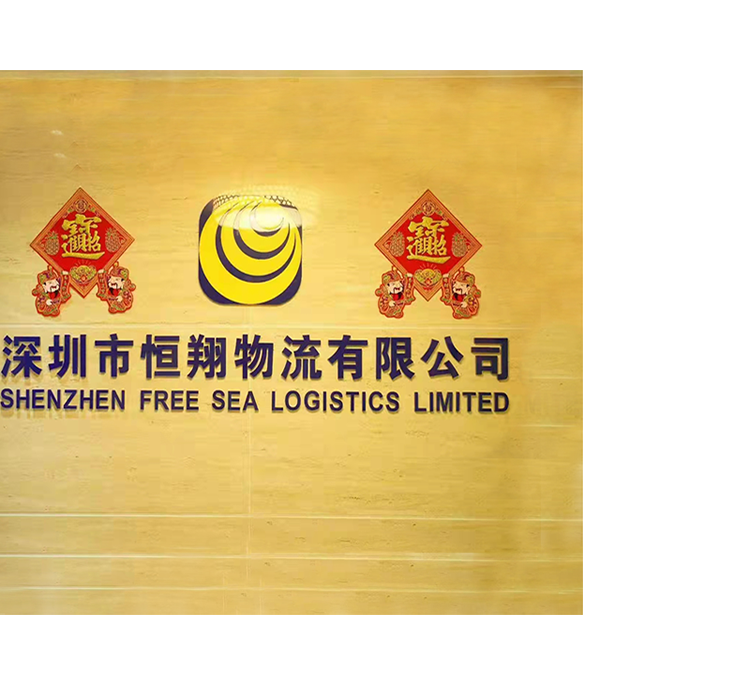FedEx, DHL, and UPS are the three giants in the international express delivery industry. Each has its own unique advantages and strong market position, and they compete fiercely in the international logistics market.
So, which of these three companies is better? Let's compare them in detail, using multiple dimensions such as service network, price, timeliness, technological innovation, and customer experience, and find out together!
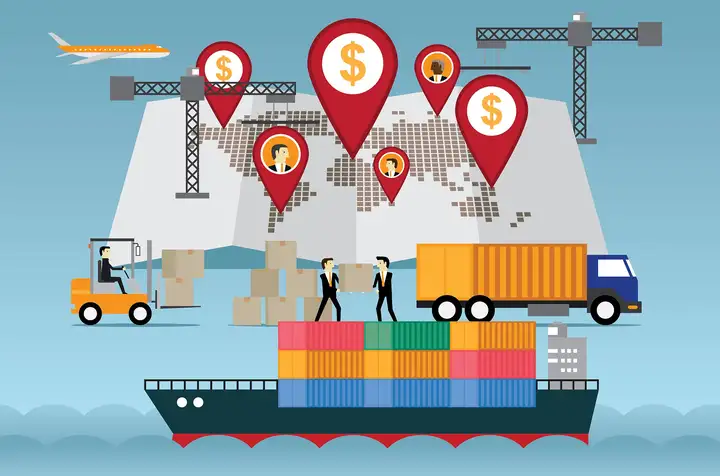
1. Service network and coverage
FedEx: As one of the world's leading express service providers, FedEx has a large and advanced transportation network that covers most major cities and regions in the world. Its extensive international network and rich experience have enabled FedEx to have a high market share in the Asia-Pacific region, especially in China.
DHL: As the leader of the international express delivery industry, DHL has a strong global network and logistics strength, especially in Europe, where it has a high market share and density. DHL's global connectivity enjoys a high reputation in the industry and is the preferred partner of many multinational companies.
UPS: UPS is one of the world's largest parcel delivery and logistics companies, with a service network all over the world. Although UPS has a high market share in the Americas, its coverage of the international express delivery market is also quite extensive, and it can provide customers with reliable global logistics services.
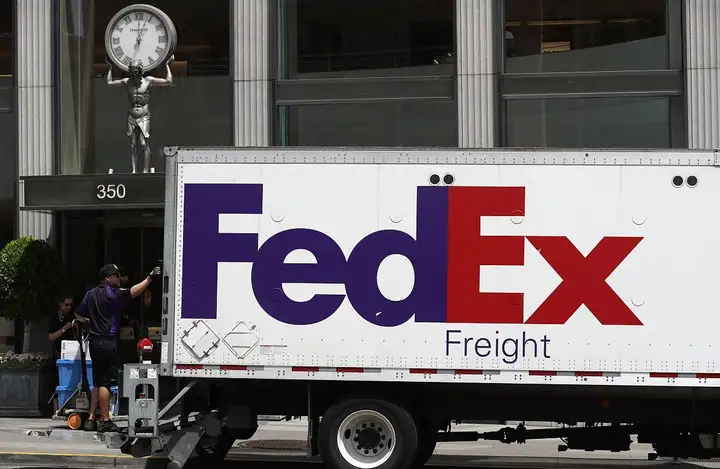
2. Price and cost
FedEx's express delivery prices are usually competitive, especially in providing express services, but due to its high-end service positioning, the price is relatively high, suitable for users with high requirements for timeliness.
DHL's freight is at a medium level in the market, with a high cost-effectiveness, suitable for customers who pursue stable services.
UPS's freight prices are also relatively high, but the services it provides are extensive and reliable, suitable for customers with high requirements for logistics efficiency.
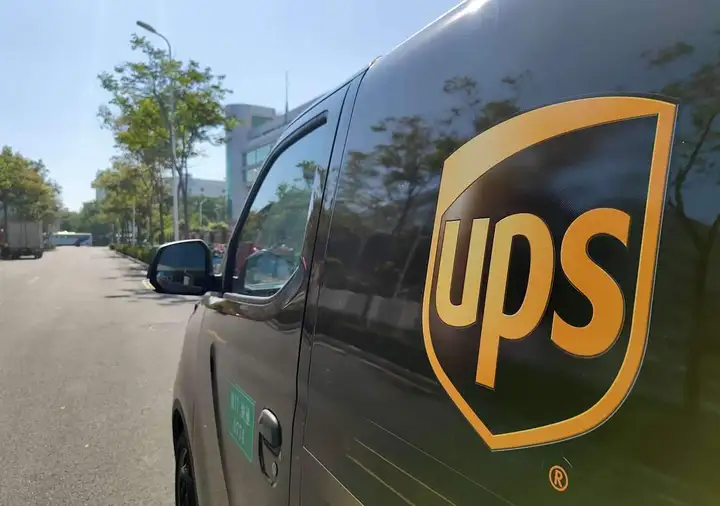
3. Timeliness and service quality
FedEx is known for its efficient and punctual services. It has an advanced logistics management system and a wide international network to ensure that goods arrive at their destination quickly and accurately. Especially in the Asia-Pacific region, FedEx's transportation timeliness is often ahead of the industry.
DHL is famous for its fast timeliness and stable service, and its express delivery timeliness and service quality are well-known in the industry.
UPS also provides efficient logistics services, with a high degree of informatization, and can provide real-time cargo tracking services to ensure that customers are aware of the dynamics of their packages at any time.
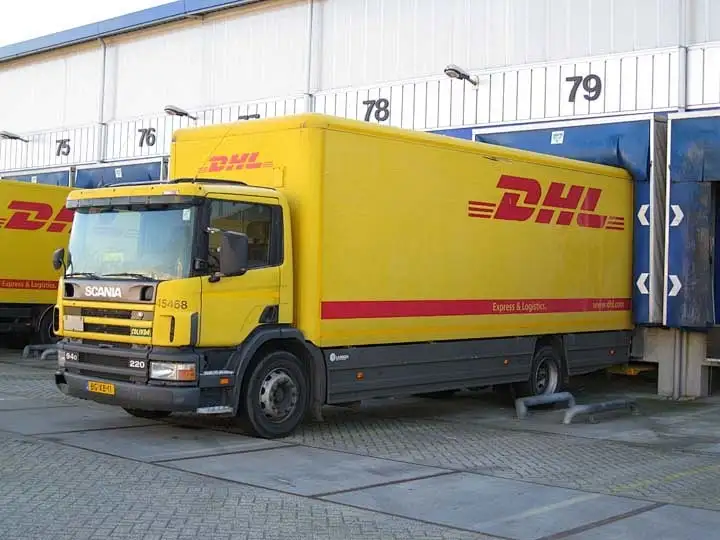
4. Technological innovation and customer experience
FedEx has invested a lot of resources in the development of advanced logistics management systems, which have achieved accurate tracking and real-time monitoring of goods, greatly improving customer satisfaction.
DHL's IT service system far exceeds its main competitors in terms of functionality, acceptability, and availability, providing customers with a convenient operating experience.
UPS, through its advanced technology and extensive logistics network, provides customers with a full range of logistics solutions to help companies improve their competitiveness.
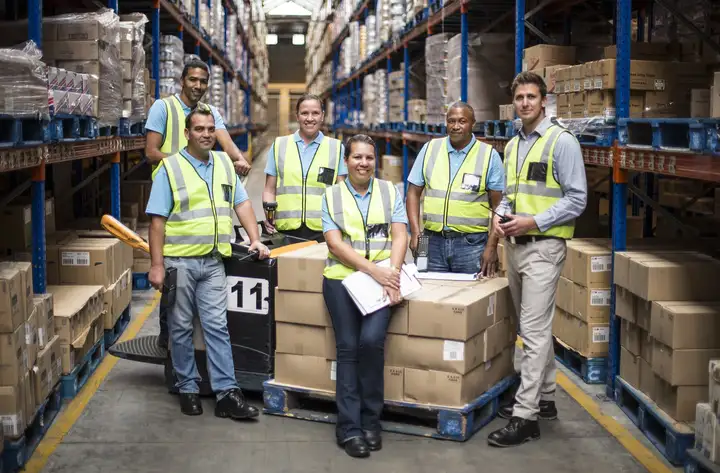
5. Summary
In summary, FedEx, DHL, and UPS have their own strengths in the field of international transit, and it is difficult to simply judge which one is stronger. Customers should weigh their own needs and budgets when choosing.
FedEx is suitable for users who have high requirements for timeliness; DHL has won wide acclaim for its moderate prices and stable services; UPS has become the preferred partner of many companies with its extensive network and efficient logistics services.
Finally, if you still have unclear questions, or if you need to send a package, you can send us a private message~
















